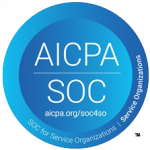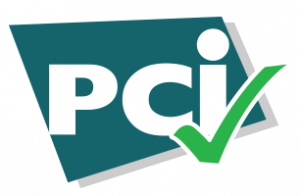
Staying on top of Best Practices in Accounts Receivable can be challenging in today’s ever-changing healthcare landscape. The Covid-19 pandemic and the potential for future public health emergencies created a need for the Healthcare Financial Management Association (HFMA) and ACA International-Association of Credit and Collections Professionals to revisit and revise the framework for Best Practices originally established in 2014. Based upon their report, the following recommendations were established in 2020.
Preservice/Discharge Patient Education and Engagement
Early communication is key in forming connections with patients and establishing a plan for payment of their account.
- Whenever possible, price estimates for non-emergency services should be made available to the patient when the service is scheduled. For emergent services, the patient should be provided with an estimate as soon as it is practical to do so.
- Patients should be made aware of the account resolution process and the provider’s policies regarding account resolution.
- Providers should collect all information necessary from insured patients in order to provide the patient with an accurate estimate of their financial responsibility. All sources of potential coverage should be considered, including public assistance programs, workers compensation/work related injury, and coverage enrollment process for uninsured patients.
- Financial counseling should be made available as well as options for payment plans.
- A clean and easy to understand bill should be provided along with information on where to direct questions and resolve disputes.
- Consent to contact the patient and how they prefer to be contacted should be obtained and the patient should be informed on how to update those preferences.
At Revco Solutions, we understand the importance of a proactive approach to settling patient accounts. Our Early Out Program is designed to help healthcare providers work with patients to satisfy their financial responsibility quickly and easily.
Post discharge Resolution Process
Once the account is discharged, the following steps are recommended:
- Screen the patient’s account and ensure that all sources of potential coverage have been considered.
- Send a clean and easy to understand bill to the patient for their portion. If the patient is granted 100% financial assistance or they pay the full amount due, no further action is necessary.
- If a balance remains, other means of resolving the account should be considered. This could include resolving the account internally, sending the account to early-out business affiliates, or administrative write-off of the account. If the account is fully satisfied at this time, the process stops here.
Screening accounts and ensuring that all potential coverages have been considered can be time-consuming and cumbersome. Revco Solutions can implement a timely insurance denial management strategy and save healthcare providers valuable time and money in collecting insurance payments that have been previously denied.
Next Steps
If the account is not resolved at this point and the account is considered a bad debt risk, it can be sent to a professional collection agency such as Revco Solutions. Our highly trained team will attempt to secure payment via methods that will reflect the values of patient service you maintain in your own organization. We use a compassionate approach to help patients satisfy their financial obligations, which not only achieves liquidation results for our clients, but also helps to maintain a positive patient-provider relationship. Contact Revco Solutions today to learn more about our services.






